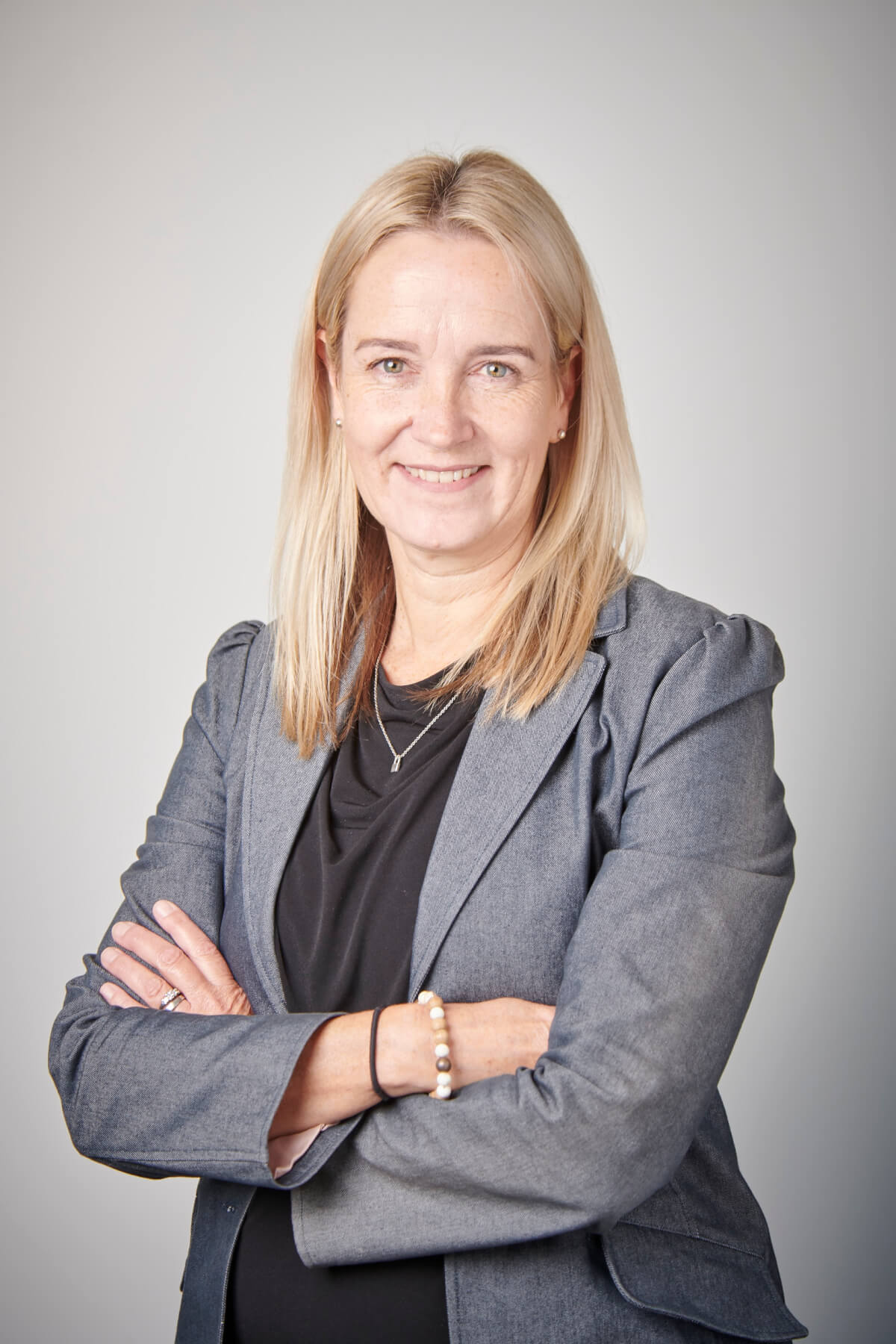10am 5 June 2024
A staff suggestion that Waipā District Council ditch its Age Friendly policy has been thwarted by a former veteran councillor.

Hazel Barnes
Kihikihi-based Hazel Barnes successfully argued at today’s Strategic Planning and Policy committee that getting rid of the policy was not the right move. She argued the community had thousands of senior citizens who were riding bikes, swimming, hiking and having a great lifestyle who had the skills to help and be part of the council’s engagement.
“You would get a ton of help from professional people – they just want to be part of the community.”
Council decided not to revoke the 2016 Age Friendly Policy and instead directed staff to bring the matter back to the committee for consideration once further engagement had been undertaken with the community.

Susan O’Regan
Staff had been keen to see the policy revoked and turned into a strategy.
The committee heard mayor Susan O’Regan had already tasked councillors Roger Gordon and Lou Brown with investigating options in the community. Bringing back a Senior Council had been discussed but its effectiveness in the past had been questionable.
“This paper is not intended to snub our (senior) community, it’s more about the effectiveness of the document (policy),” said O’Regan.
9am 5 June 2024
Waipā looks set to scrap its Age Friendly policy in the same week the Census shows more than a quarter of the population is over 60.
But if the council does get rid of the policy, it will be going head to head with a former district councillor who was instrumental in getting it adopted eight years ago.
Hazel Barnes was furious when The News contacted her about a staff report which said the policy, adopted by council in 2016, was outdated and had limited to no value.

Senior Couple Running Along Beach Together
The council’s Strategic Planning and Policy committee considered the report today, after The News went to print.
“What? It feels like our senior citizens have been pushed aside,” the 85-year-old said.
“I can see a hell of a lot that needs to be done for us. I’m going to say to them ‘why are you doing away with it when you haven’t even consulted us’?”
The report, signed off by Strategy group manager Kirsty Downey says the views and needs of elderly were already considered as part of standard planning processes.
 Waipā’s position is in stark contrast with neighbours Hamilton – the first city in New Zealand to join the World Health Organization’s global network of age friendly communities and cities.
Waipā’s position is in stark contrast with neighbours Hamilton – the first city in New Zealand to join the World Health Organization’s global network of age friendly communities and cities.
The city council is said to be leading the way in age friendly planning.
Census figures released last week confirmed Waipā’s population was 58,686 – and 15,147 or 25.81 per cent – were aged 60 years and over.
The population in Hamilton is 174,741 and 16.9 per cent (29,541) are over 60.
“I’m going to get on the phone to Grey Power about this and see what we can do. This is ridiculous,” said Barnes.
 The present Waipā policy promotes an age friendly environment by encouraging engagement with and contributions from the elderly, preparing for an ageing population and promoting Waipā as a desirable place to live for the elderly.
The present Waipā policy promotes an age friendly environment by encouraging engagement with and contributions from the elderly, preparing for an ageing population and promoting Waipā as a desirable place to live for the elderly.
Waipā is already getting itself a reputation of being the most popular retirement district in the country. Cambridge is understood to have the highest per capita retirement village population in New Zealand.
The council prides itself on its pensioner housing policy – it owns 93 units across the district and provides homes to 107 tenants. Construction is nearing completion on 10 new one-storey units in Leamington.
The report says council should consider other age friendly initiatives such as a senior council.
“Revoking the Age Friendly Policy could signal a commitment to building truly connected communities that are inclusive and responsive to the needs of all residents, including older people. By revoking an outdated and ineffective policy, the council demonstrates a willingness to reassess its approach and make necessary changes to better serve the community. The council’s vision has shifted since this policy was created, making it no longer suitable or aligned with current objectives,” it says.









